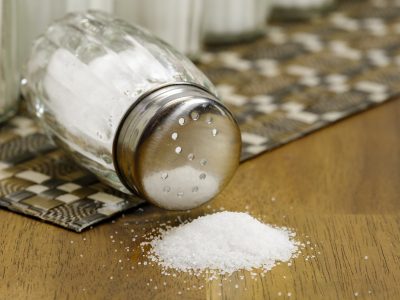The FDA is lowering the guidelines for salt intake to deal with high blood pressure even though recent studies show salt does not cause high blood pressure.
A new study published in the American Journal of Hypertension analyzed data from 8,670 French adults and found that salt consumption wasn’t associated with systolic blood pressure in either men or women after controlling for factors like age.
Why not? One explanation, the authors write, is that the link we all assume between salt and blood pressure is “overstated” and “more complex than once believed.” It should be noted, however, that even though the study found no statistically significant association between blood pressure and sodium in the diet, those patients who were hypertensive consumed significantly more salt than those without hypertension—suggesting, as other research has, that salt affects people differently.
No Association Between Salt And Blood Pressure, Study Finds | Time
This is the same FDA that still recommends the SAD diet. Go figure. I don’t think I’ll be changing my personal salt intake any time soon.
In far-reaching guidelines, the FDA is seeking voluntary short-term lower sodium targets for food manufacturers, chain restaurants and food service operators – focusing largely on processed and take-out food.
The agency wants to cut sodium intake to an average of 3,000 milligrams per day, compared with 3,400 mg over the next two and half years.
But the average intake would still be above the Dietary Guidelines for Americans’ recommended limit of 2,300 mg per day for anyone over 14 years of age.
FDA sets new goal for lower salt in everyday American food (yahoo.com)


Leave a Reply